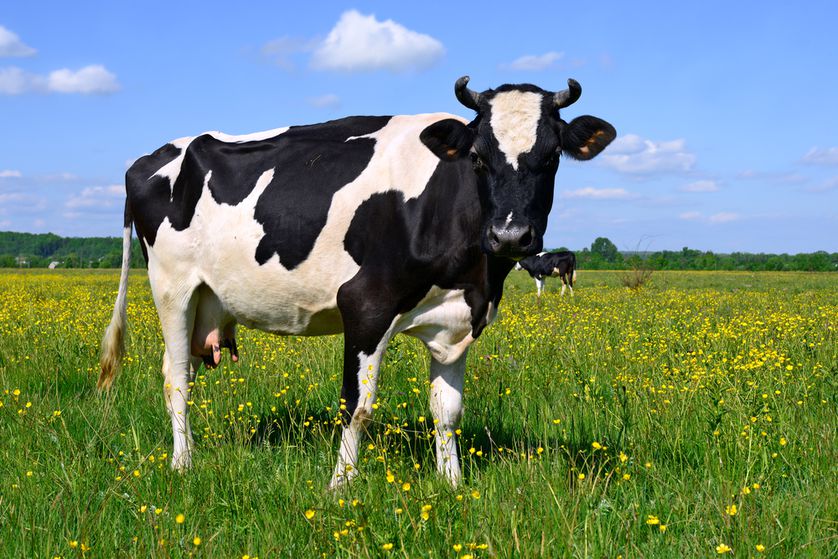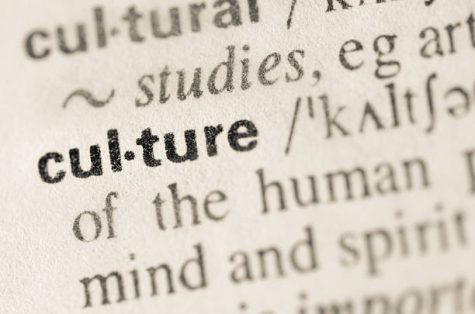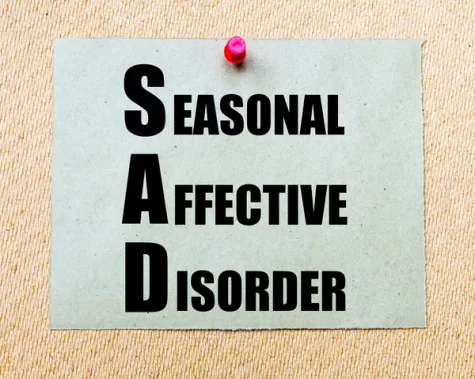We’ve Got Beef
October 6, 2018
When people think of American food, it typically consists of a good juicy burger with fries. The classic burger can be tasty but there is a cost, a big one in fact. In order to make a burger, or any beef product, cows must grow to the American standard of beef. Beefing up cows, no pun intended, takes a lot out of our ecosystem while putting out a lot in return. It is a lose lose situation for our planet and ourselves. Cows need to go.
According to UN News, Cows produce more greenhouse gas (gasses that contribute to the greenhouse effect by absorbing infrared radiation ex: carbon dioxide, chlorofluorocarbons) than cars do. According to Gizmodo.com, “There are currently approximately 1.3 to 1.5 billion cows… on planet Earth. And these 1,300 pound… animals eat a lot. Much like humans, when they eat, gas builds up inside of their guts and has to be expelled… The result is a large amount of methane being introduced into the atmosphere.” Cows are polluting the earth, just by standing and living, and for what? Just the cheeseburger and steak?
Many people have switched over to the vegetarian diet, eating substitute foods such as the veggie burger. In a survey given to high school students, 47 percent of students have had a veggie burger and of that 47 percent (35 people), 16 of them (48 percent) said they enjoyed the veggie burger. Overall, veggie burgers have tremendous health benefits compared to beef burgers. Contrary to beef burgers, veggie burgers are packed with heart healthy vegetables that give your body nutrients, while still tasting great.
Emma Konetski, a Wheaton Warrenville South student, loves veggie burgers, “I think they taste really good,” Emma says, “My mom makes them and says some of the veggie burgers taste just like real burgers.” Veggie burgers not only taste amazing, they are good for your health too. Veggie burgers do not harm our planet in the making of them either.
“To produce one pound of beef is 1,799 gallons of water;” claims Food Tank, “one pound of pork takes 576 gallons of water. As a comparison, the water footprint of soybeans is 216 gallons; corn is 108 gallons.” Beef, and meat in general, uses a large amount of water compared to plants and agriculture. Our planet is facing global warming and cows are only adding to the problem. Decreasing cow production would reduce the water usage in our world. Basing one’s diet around plants and white meat, would decrease the water usage tremendously.
Red meat in general is not a healthy food genre. According to Health Line, “a massive review of 20 studies including 1,218,380 individuals found that processed meat was associated with an increased risk of heart disease and diabetes.” Some red meat is high in n saturated fat, which raises blood cholesterol. Red meat is not the healthiest option of protein, so why eat it?
Chicken and fish have more to offer your body, and same with veggies. Thirty-seven percent of the high school students, that took the survey, say they did not know beef caused these things to happen to their bodies.
Nutrition information is more accessible now, than ever. Knowing the impacts that beef has on our bodies and on our planet, is crucial to live a healthy lifestyle for a long time. Cows are polluting our planet and our bodies. Chick-Fil-A said it best, “Eat more chicken!”








